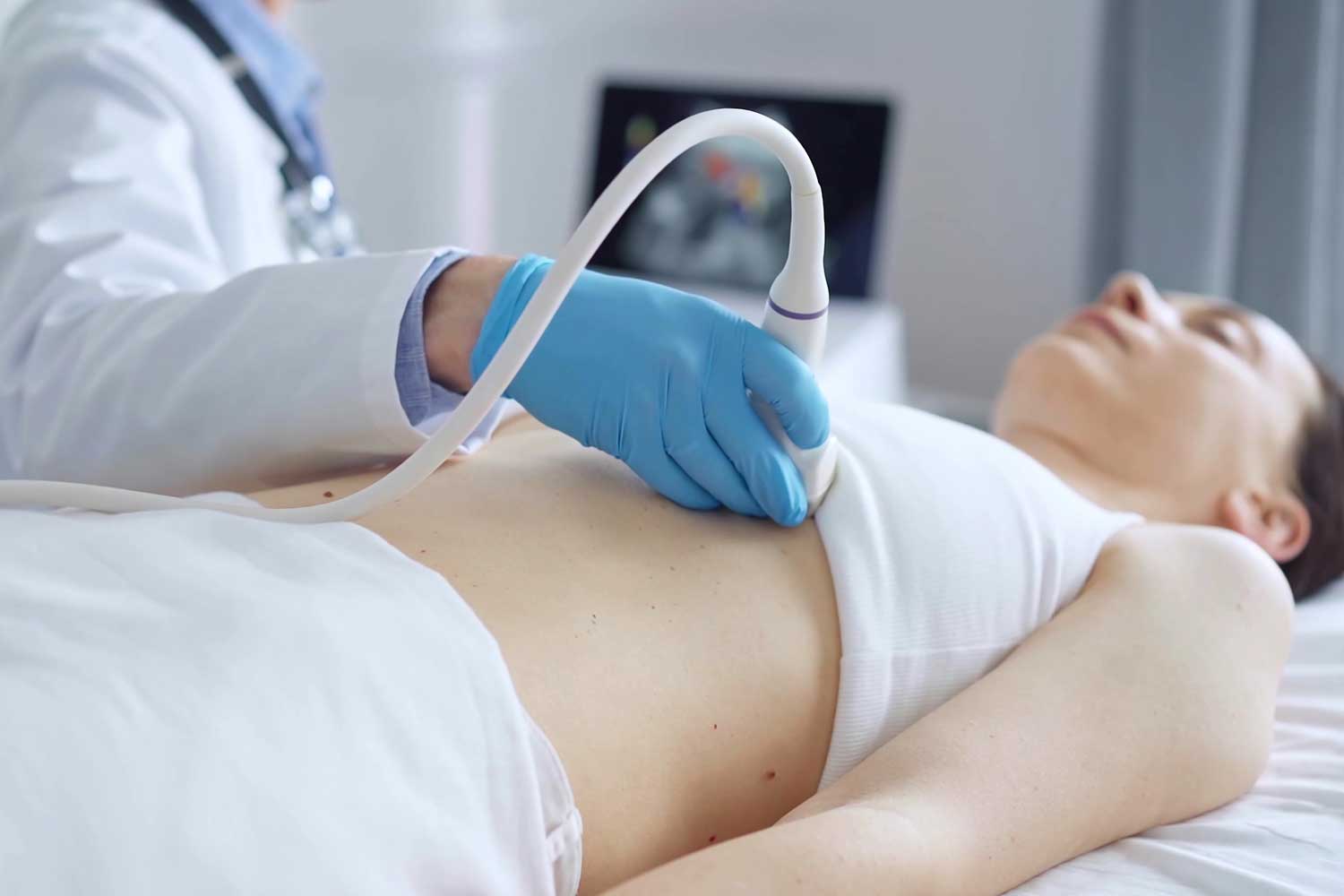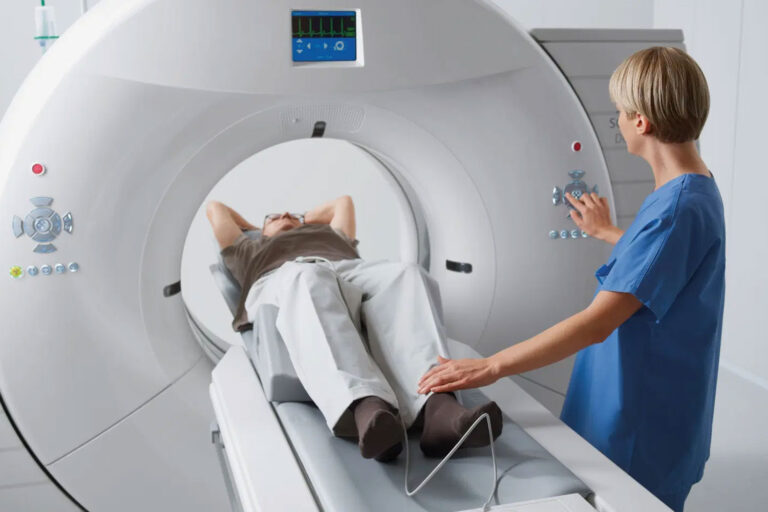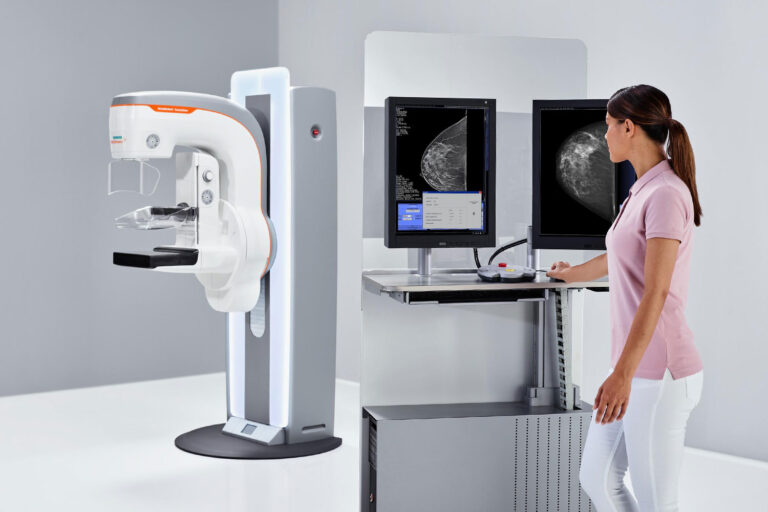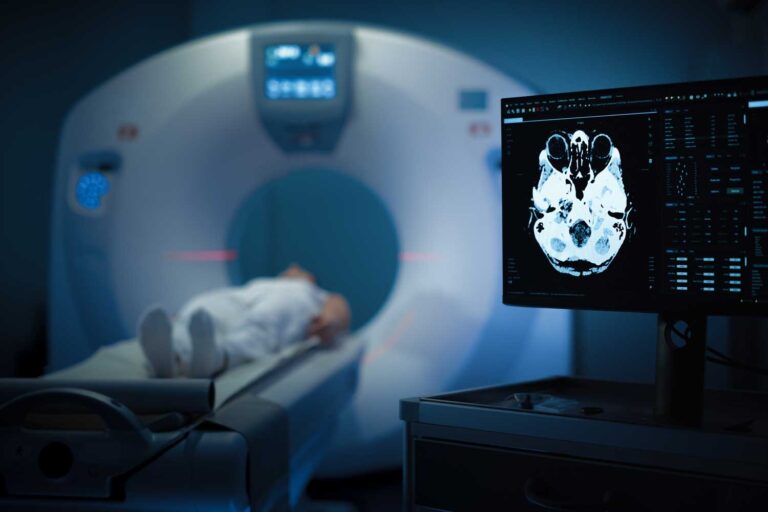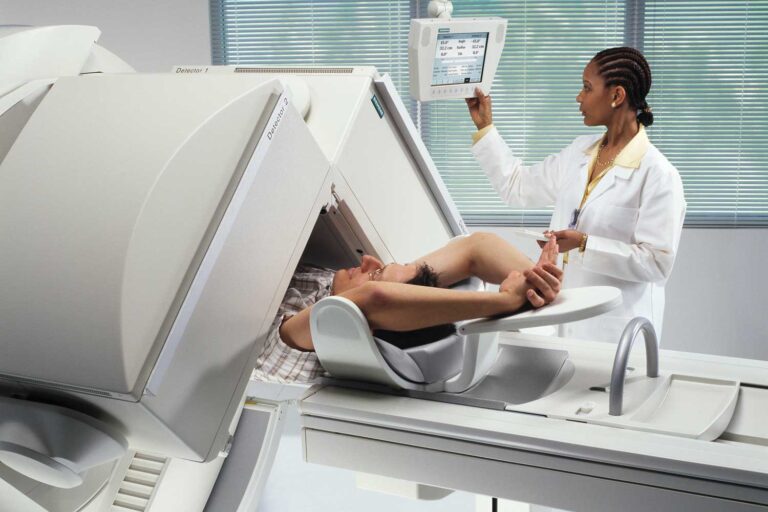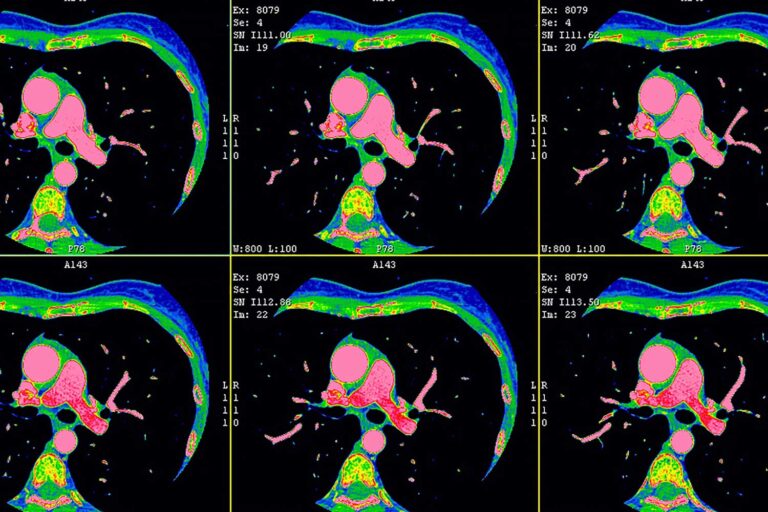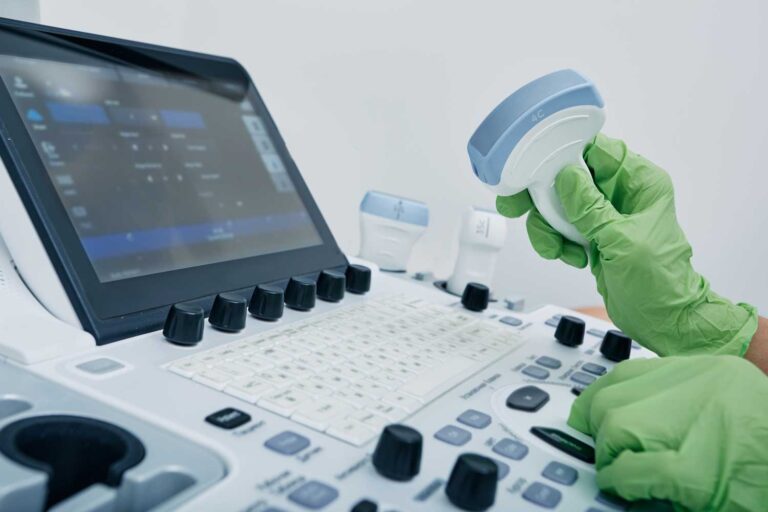A lung ultrasound could help physicians quickly determine whether a pregnant woman with preeclampsia is at risk of respiratory failure, according to preliminary research published in Anesthesiology.
About 60,000 women worldwide die as a result of preeclampsia, which causes severely high blood pressure. Potential complications include stroke, bleeding, and pulmonary edema, which can lead to respiratory failure. The study suggests a lung ultrasound can help physicians easily learn whether a woman with preeclampsia is suffering from pulmonary edema and ensure she receives the correct treatment.
“Lung ultrasound is fast, safe, noninvasive, and easy to use,” says Marc Leone, MD, PhD, lead study author and vice chair of the department of anesthesiology and critical care medicine at Hôpital Nord in Marseille, France. “We found it allowed us to quickly assess whether a woman with preeclampsia had pulmonary edema and confirm the severity of the condition.”
Physicians often measure urine output to determine whether a woman needs fluid administration, but the results are wrong about one-half of the time. “Lung ultrasound enables the medical team to identify which women really need the fluid treatment,” notes Laurent Zieleskiewicz, MD, the study’s first author.
Pulmonary edema typically is caused by heart failure but also can be caused by lung inflammation. Researchers analyzed the use of lung ultrasounds, which can assess lung edema, are easier to use than cardiac ultrasound, and can be performed with devices commonly found in maternity wards. Lung ultrasound highlights white lines mimicking comet tails, irradiating from the border of the lungs. These lines are the reflection of water in the lungs. The detection of three or more lines strongly suggests the diagnosis of pulmonary edema.
Researchers performed both cardiac and lung ultrasounds before and after delivery in 20 women with severe preeclampsia. Five of the 20 women had pulmonary edema prior to delivery, according to lung ultrasound, while four had the condition according to the cardiac ultrasound. The lung ultrasound identified a patient with non-cardiac pulmonary edema, which the cardiac ultrasound did not detect.
The test results could help ensure that pregnant women with pulmonary edema will not be given IV or excess fluids, which worsens the condition and can lead to respiratory failure. Typically, women with pulmonary edema are treated with oxygen and medication to lower blood pressure or rid the body of excess fluid. In real time, lung ultrasound also serves to observe improvement or worsening of pulmonary edema.
Source: American Society of Anesthesiologists
